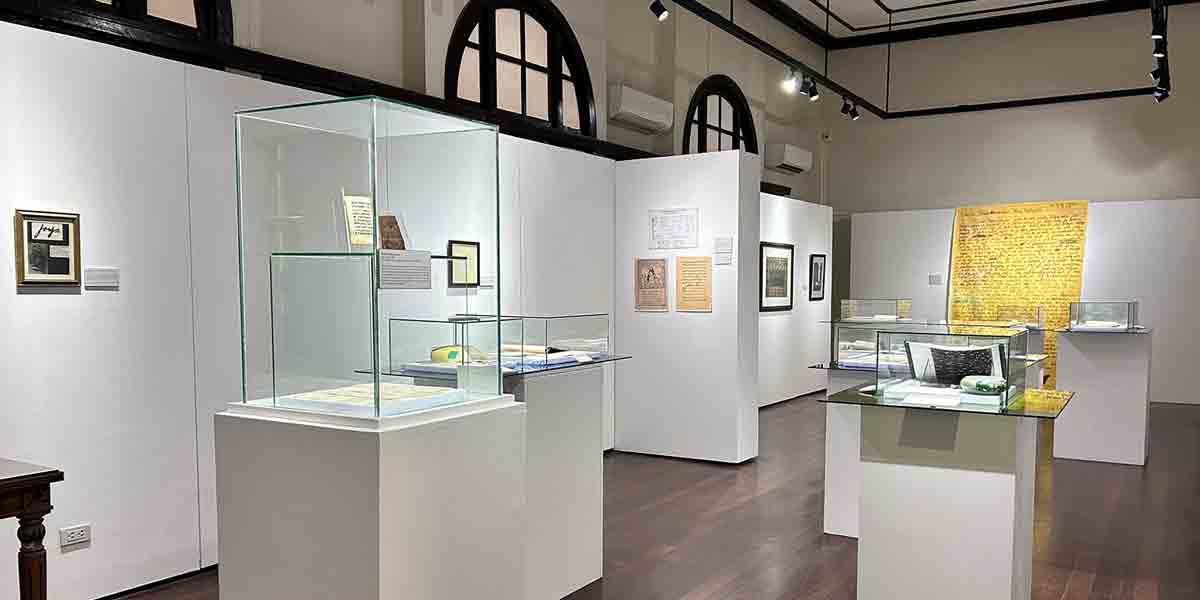 By: Fr. Roy Cimagala
By: Fr. Roy Cimagala
God wants us to be like him, holy, merciful, perfect.
While he will do everything to achieve that goal and give us all the means, he cannot force us to be like him.
That’s because, like him, we are supposed to freely choose to be like him. And given our wounded and weakened condition, a consequence of the abuse of our freedom, we now need to exert an all-out effort to correspond to his loving designs for us.
We need to learn how to blend God’s mercy and the all-effort we need to exert to achieve our ultimate goal and win our definitive status as God’s image and likeness, children of his and sharers of his divine nature.
What we have to avoid is to rely simply on God’s mercy without exerting any effort, or the other way around—to think that we can achieve our goal with our effort alone without God’s mercy.
The former position can be described as falling under the heretical belief called ‘Gnosticism,’ while the latter can be the expression of another heresy called ‘Pelagianism.’
Pope Francis, in his document “Gaudete et exsultate,” exposed the dangers of these two heresies that still hold sway over many good people who want to be holy as they should.
It’s true that God is all-merciful. He has the last word on how we are to be judged. It’s he who will complete and perfect everything in us, because in the first place he began a good work with us. (cfr. Phil 1,6)
Thus, no matter how much we have strayed from his will, he will do everything to bring us back to him. “God did not send his Son into the world to condemn the world, but to save the world through Him.” (Jn 3,17)
Remember that episode when the disciples were astonished at what Christ said that it was easier for a camel to enter the eye of a needle than for a rich man to enter the kingdom of heaven. (cfr. Mt 19,24ff) The disciples asked him, “Who then can be saved?”
Christ’s response precisely reassures us that he will do everything to save us. “With man this is impossible,” he said, “but with God all things are possible.” (Mt 19,26) And St. Paul reiterates this point when he said, “I can do all things through Christ who gives me strength.” (Phil 4,13)
We therefore should not be afraid to do things that would seem impossible for us. We just have to go to Christ, following him very closely, and the impossible becomes possible.
Following Christ, of course, demands that we put to action his indications for us. Like, “Whoever wants to be my disciple must deny himself and take up his cross and follow me.” (Mt 16,24) We cannot overemphasize this need for self-denial since our first enemy are our own selves, and specifically our flesh that simply wants to be ruled by animal instincts rather than by reason that is inspired faith, hope and charity.
Christ also wants us to enter by the narrow gate (cfr. Mt 7,13), since our tendency is simply to give in to the delights of our flesh without any thought about the need for sacrifice, self-discipline and the like.
Christ wants us to give our all in loving God and everybody else. In fact, he wants that we love one another the way he has loved us. This, of course, means that we, like Christ, should be willing to give up our life out of love for God and others.
Indeed, God has the last word. He is the one that makes the impossible possible for us. He is the one who will complete and perfect everything for us. But we also need to do our part, willing to follow as closely as possible the example of Christ who is “the way, the truth and the life” for us.
Email: roycimagala@gmail.com




















